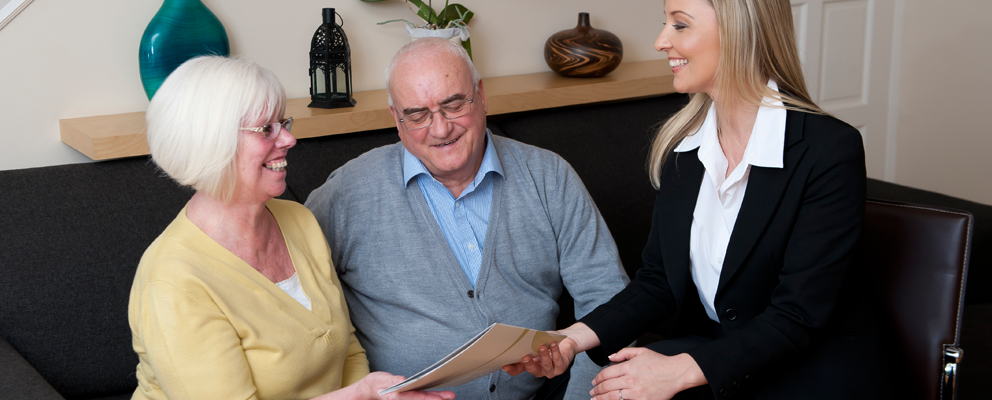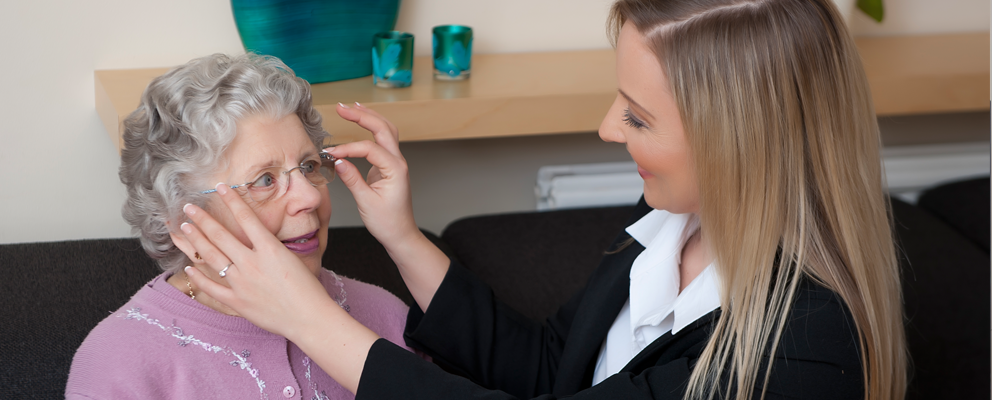dahy-uh-bee-tis: A condition that leads to high blood glucose levels due to defects in either insulin secretion or insulin action.
Estimates suggest that nearly one person in twenty-five in the UK is affected by diabetes mellitus.
There are two different types of diabetes :
Type 1 diabetes (Insulin dependent diabetes mellitus (IDDM).
Commonly occurs before the age of 30 and is the result of the body producing little or no insulin. Type 1 is controlled by insulin injections.
Type 2 diabetes (non-insulin dependent diabetes mellitus (NIDDM).
Commonly occurs after the age of 40. In this type of diabetes, the body does produce some insulin, although the amount is either not sufficient or the body is not able to make proper use of it. Type 2 diabetes is generally controlled by diet or tablets, although some people in this group will use insulin injections.
A diabetic person is at a higher risk of developing poor vision, especially if the diabetes is not well controlled.
Most sight loss due to diabetes can be prevented, but it is vital that it is diagnosed early. An annual eye examination is extremely important to allow for the early detection of the effects of diabetes on the eye and can help to prevent sight loss as a result of diabetes.
Effect on the lens: Diabetes causes water retention in the lens of the eye. This causes a deterioration in your distance vision.
Effect on blood vessels: Diabetes affects the smaller blood vessels first. They can start to leak or become blocked. A leaky vessel can cause new blood vessels to grow. Newly formed blood vessels are very fragile. If they leak, blood fills the eye (vitreous haemorrhage) thereby obstructing vision. They can also cause the retina to pull away from the back of they eye causing a detached retina. Blocked vessels cause the retina to swell.
In order to prevent sight loss, it is very important to control diabetes. This can be done by the following means:
- Control your diet & ensure medication is taken as directed by your GP
- Take regular exercise, avoid smoking and drink alcohol in excess
If you think you may have some symptoms of diabetes, consult your GP immediately. Book an appointment for an eye examination if you feel your eyesight is deteriorating.


